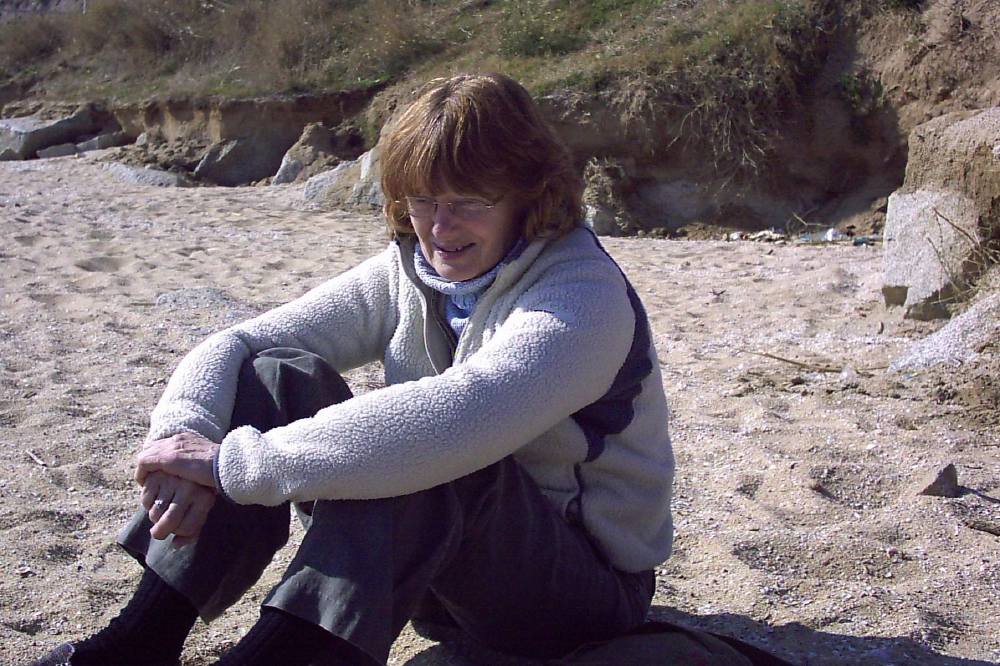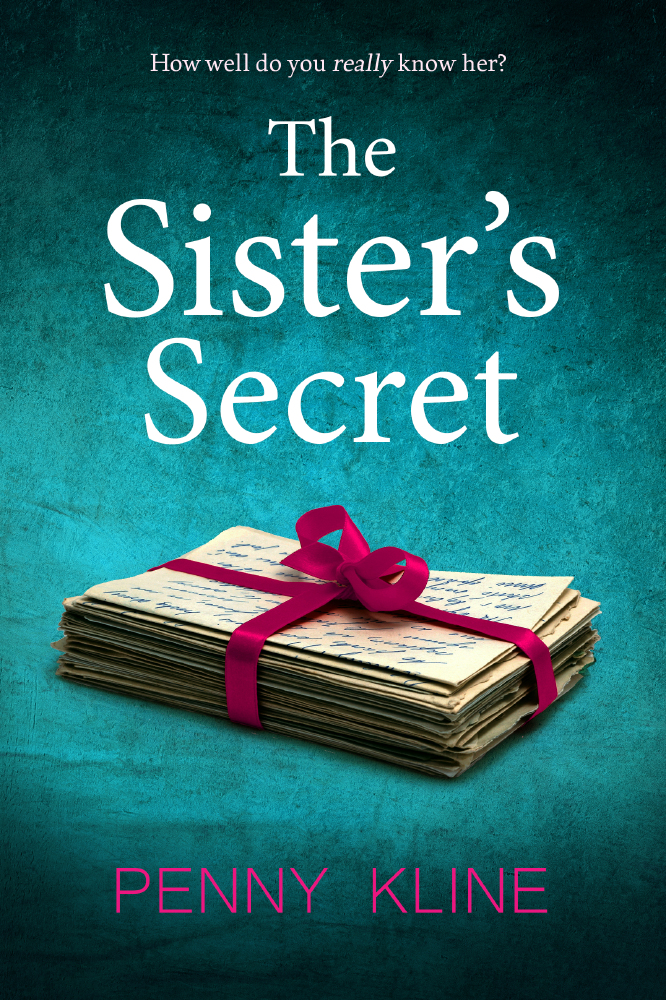Can any good come out of rejection?

Penny Kline
Writers learn to live with it — it’s part of the job. All the same, having your precious story or novel turned down is horrible — it feels personal and attacks your self-esteem — so it’s important to learn how to handle it. I wrote eleven radio plays (the BBC lost the first one) that were rejected, and by the time the twelfth was accepted I had almost given up hope. Almost, but not quite, since I enjoy the process of writing so much. With the twelfth, I had a bit of luck — the play featured guinea pigs (good sound effects for radio) and the producer had a daughter who kept them and loved hearing their squeaks. But I hope my plays had improved too.
When my first crime novel was accepted — featuring the work of a psychologist which, as luck would have it, was popular at the time — I hoped it was the end of rejection. How wrong can you be? For the majority of writers, as with actors and artists, the road ahead has many ups and downs. Something that means a great deal to you is rejected. Something less important goes down well.
There are many reasons for work being rejected. It may not be up to standard. On the other hand, it may not fit in with what the editor is looking for. And editors do have personal likes and dislikes. One editor said the plot of a novel I had written was implausible. The next said it had “a highly plausible plot”. When times are hard, I hang onto that.
While working as a psychotherapist, I learned how the effort of denying painful feelings of rejection takes up so much energy it can lead to depression and anxiety. We feel like the small child who, when upset or thwarted, shouts, “I don’t care”, when, in fact, the opposite is true. Accepting how disappointed you feel is difficult, but it allows you to move on. And some of the best-known writers received scathing rejections before they found a publisher. What matters is how you react. Either you tell yourself, “It’s all hopeless, I’ll never succeed”, or you think — “Right then, I’ll show them.” Not easy, having your hopes and dreams dashed, but it’s all about what you do next. Writers delight in stories about best-selling authors — J.K. Rowling was one — who had their book rejected by multiple editors. Think how those editors must feel now! Whatever happens, it is best to see rejection as a step nearer an acceptance. Send your work off again and/or start on a new project.
When my husband became ill, and subsequently died, I thought I would never write again. But a friend sent one of my extremely sad poems to a literary festival and, to my amazement, it won a prize. And that gave me the strength to carry on.
Another life event — a happy one this time — was when my daughter gave birth to triplets. It meant I became so familiar with a Special Care Baby Unit that some of my new novel — “The Sister’s Secret” (published by Accent Press) — takes place in such a unit. For this reason alone, I would have been very disappointed if the book had been turned down. Fortunately, it came out this April!


